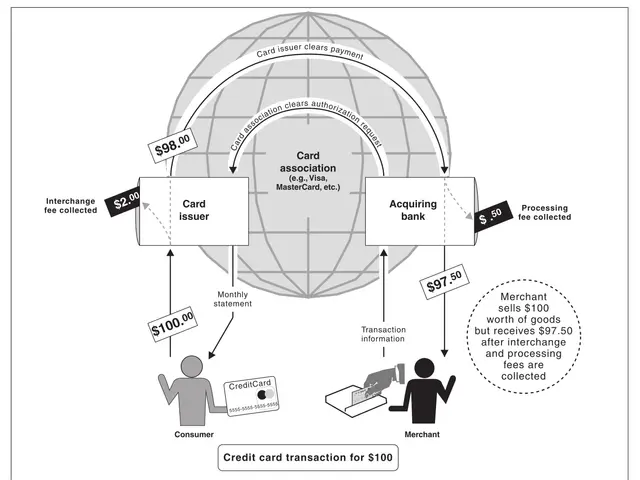COP30 Puts EU’s Climate Goals Under the Microscope as Challenges Mount
The EU's ambitious climate goals face scrutiny as the 30th UN Climate Change Conference (COP30) kicks off in Brazil next Monday. 50,000 delegates will gather, but questions remain about the feasibility of targets and the environmental impact of the conference itself.
The EU's carbon trading mechanism, a key pillar of its climate strategy, has been called into question. German auditors urge a 'reality check' and a 'Plan B', warning that the current approach may not significantly reduce global emissions while potentially undermining EU competitiveness.
Meanwhile, the conference in Brazil will see attendees grapple with the challenges of decarbonization. Green hydrogen, hailed as a crucial solution, is currently expensive, scarce, and has significant upstream emissions. The conference will not discuss the feasibility of current climate goals or the potential relocation of industries due to high costs.
The EU has set binding targets to reduce greenhouse gas emissions by 90% by 2040 and achieve climate neutrality by 2050. However, these goals are debated for their realism, requiring substantial societal and economic shifts. Some mechanisms like the emissions trading system have been criticized for not being stringent enough.
Adding to the irony, most attendees will have traveled to the conference by long-haul flight, contributing to the very emissions they aim to reduce. Germany, one of the EU's largest emitters, covers over three-quarters of its primary energy demand with fossil fuels. Its hydrogen strategy, while ambitious, carries substantial risks to the budget and Germany's industrial future.
As COP30 begins, the EU's climate goals face scrutiny, and the environmental impact of the conference itself is a stark reminder of the challenges ahead. With the world still heavily reliant on fossil fuels, the path to decarbonization is fraught with complexities that the conference attendees will need to navigate.
Read also:
- India's Agriculture Minister Reviews Sector Progress Amid Heavy Rains, Crop Areas Up
- Over 1.7M in Baden-Württemberg at Poverty Risk, Emmendingen's Housing Crisis Urgent
- Life Expectancy Soars, But Youth Suicide and Substance Abuse Pose Concern
- Cyprus, Kuwait Strengthen Strategic Partnership with Upcoming Ministerial Meeting






